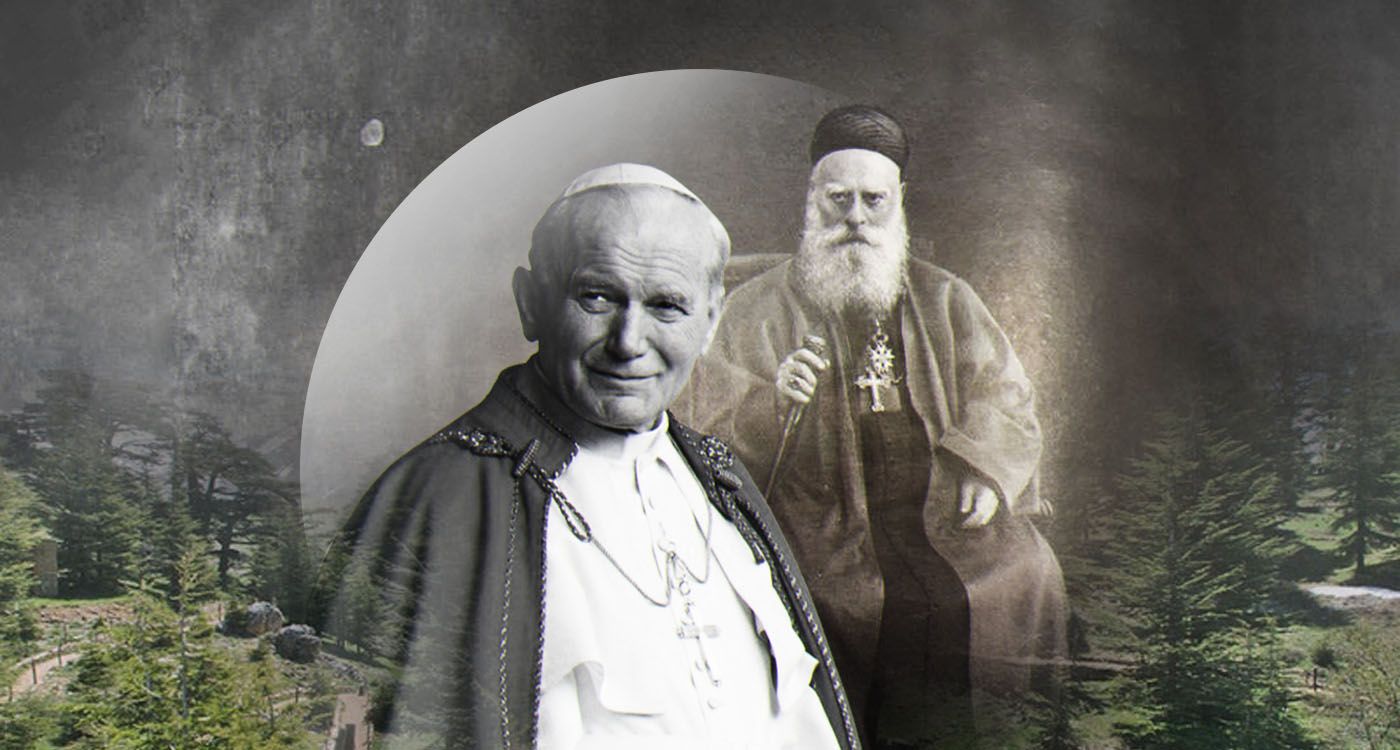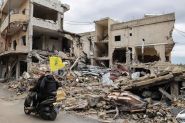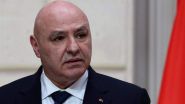
As “good” Lebanese, we celebrate our independence amidst chaos and bombs. An entire book could be written about how we became Lebanese, after being fragments of many other identities. I could recount my own journey of rediscovering memory and identity—borrowing the title of an overlooked book by John Paul II—how I stopped calling the civil war mere “events,” how I learned to distinguish between the noble and the ignoble, the good and the vile, and, finally, how I channeled my love of God into a love for Lebanon.
In this, I found a profound connection with Patriarch Elias Hoayek, the man who negotiated and shaped Lebanon’s borders alongside Georges Clemenceau.
Patriarch Hoayek was deeply immersed in the teachings of Catholic popes, and this influence shines in his 1930 Apostolic Letter to the Lebanese, titled ‘The Love of the Homeland.’ The title alone speaks volumes. In it, Hoayek proclaims that our love for Lebanon stems from our love for God. This love, he insists, must be loyal, honest, faithful, selfless, and generous. It must include an appreciation for Lebanon’s rich soil and a commitment to living for the common good.
Although addressed primarily to Lebanon’s Catholics, the letter makes no distinction between one Lebanese and another. On the contrary, it sharply critiques the elite. Half of the letter focuses on distributive justice: the equitable sharing of honors, wealth, and privileges based on merit or need in society.
You won’t find this letter on the internet. I owe my reading of it to Father Salim Daccache, S.J., Rector of Saint Joseph University, who shared it with me as a facsimile. No one has yet transcribed, translated, or commented on it, nor has it been taught in schools or universities. There isn’t even a Patriarch Hoayek Chair at any Lebanese institution. Our past seems either forgotten or buried in dusty tomes, locked away in libraries as dense as jungles.
It feels as though we are a people with no memory, piecing together a fragmented history from television broadcasts, speeches, and operettas.
And so, to define ourselves, we often borrow other nations’ histories instead of reclaiming our own.
Yet Patriarch Hoayek left every Lebanese an extraordinary gift: a homeland—a real one. Not a fairy tale, though Lebanon is steeped in history and rich in legends.
Take, for instance, the story of Sabét. Sabét (short for Elizabeth in Arabic) was the eccentric of my village, Michmich—a mad old spinster who wandered the streets and slept in the hollows of ancient oak trees. Her story is tragic. On the eve of her wedding, she discovered her cherished bridal jewelry had been stolen. The shock shattered her mind, leaving her a figure of ridicule. Yet I have no doubt that God, in His mercy, welcomed her into His embrace when she passed, reserving her final breath for the Day of Judgment. After all, not everything ends here.
As I mentioned earlier, one book helped me immensely in embracing a healthy, unconflicted love for Lebanon: John Paul II’s ‘Memory and Identity.’ In this remarkable work, the Pope reflects on patriotism, calling it an “ordered love” for one’s homeland, contrasting it with nationalism.
“If one asks where patriotism fits within the Decalogue,” writes John Paul II, “the answer is clear: it falls under the Fourth Commandment, which calls us to honor our father and mother. Patriotism is among the sentiments encompassed by the Latin term pietas, highlighting the religious value of respect and veneration for our parents. Patriotism means love for all that makes up one’s homeland: its history, traditions, language, and natural beauty. Any threat to this great good of the homeland becomes a test of this love. History teaches us that Poles have always been capable of great sacrifices to preserve or reclaim this good.”
“The cultural and historical identity of societies,” he continues, “is safeguarded and nurtured by what is encompassed in the concept of a nation.” However, the Pope warns against the degeneration of this function into nationalism. How can we free ourselves from such a peril? I believe the most appropriate way is through patriotism. Nationalism seeks the good of one’s nation alone, disregarding the rights of others. Patriotism, on the other hand, as a love for one’s homeland, recognizes equal rights for all nations. It is therefore a pathway to an ordered and universal love.
It is up to us to choose the path we take.



Comments